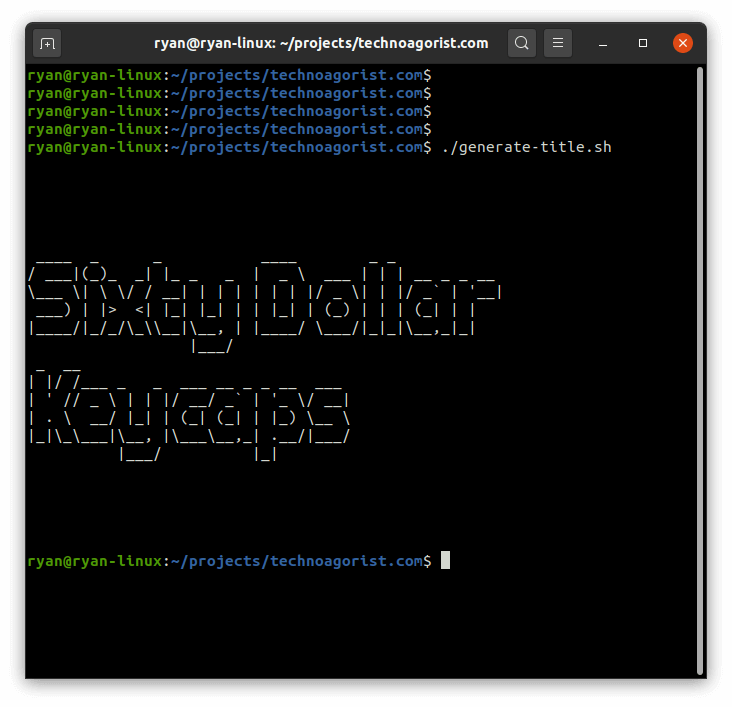
Episode 40 - $60 Keycaps
A world with $60 keycaps is better than any world designed by central planners.
My name is Ryan and I am an agorist. Today we are talking about free markets and $60 keycaps.
I am kind've a keyboard snob. Ever since I began working full time at a computer, I have been extremely particular about what keyboard I use. My favorite brand is called Das Keyboard. They make strong, heavy, beautiful mechanical keyboards with removable keycaps and excellent switch options. A few days ago I received an email from them about new keycaps they are selling. In particular, they have a new escape key. I followed the link to see what it was. This new escape key is transparent with a miniature steampunk-style city inside of it.
I looked at it for a minute because it was cool, then I chuckled when I looked over at the price. The thing costs sixty dollars! I turned to my oldest daughter and said, "Hey, look at this new escape key! It only costs $60!" After her surprise wore off, she laughed as well. Personally, I cannot imagine paying that much for an escape key. But, it might surprise you to know that I am only one person, and chances are that there is some dude out there who would be willing to pay for a fancy steampunk escape key!
We live in a time of central control. It doesn't matter how many times central planning fails. It doesn't matter how many times price controls backfire. It doesn't matter how many times black markets are created because of the state trying to ban certain goods and services. When it comes to the state, the push is always to centralize control within itself. If the government really cared about what is most practical, they would disband and go home because history shows overwhelmingly that when government inserts itself into the market, things get worse.
This year, government has coined a number of new designations such "essential employees" and "essential services" and "essential goods." But, truth is I find those to be even more laughable than $60 keycaps.
What is an essential employee? According to some bureaucrat or group of bureaucrats, that would be an employee who they think should keep their job, no matter what happens. But, ask a so-called non-essential employee if they think that they should keep their job. Chances are that you'll get a different answer! To the person who needs that job, it is most certainly essential!
What about essential services? Once again, that would be a service that bureaucrats think is important enough to exist. But, to someone who provides or uses a so-called non-essential service, that service is essential!
Same goes for so-called essential and non-essential goods.
If you asked a bureaucrat if people need sixty dollar keycaps, I can guarantee you that unless they owned stake in a company who makes those keycaps, they would insist that those are non-essential! They would say the folks who design those keycaps are non-essential workers and that the ones selling them provide a non-essential service and the keycaps themselves are non-essential goods.
But, despite the imaginings of bureaucrats and despite my daughter and me both chuckling over that fancy escape key, there is still some dude who wants that keycap and who will pay sixty dollars for it.
The free market is amazing because it plays to everybody. In a free market, it isn't about who or what is essential. It's only about individuals who are willing to trade one thing for another. It's about individuals and groups of individuals who value a good or service over a chunk of change in their bank account.
In the free market, the only non-essential employees are those narcissistic bureaucrats and the only real non-essential services are their central planning. 2020 would have been a great year if it hadn't been for those bureaucrats messing with the market.
Regardless, 2020 has been a great reminder of why agorism and counter-economics are so important. The more we can separate ourselves from these people, the better.
This is TechnoAgorist, episode 40.
